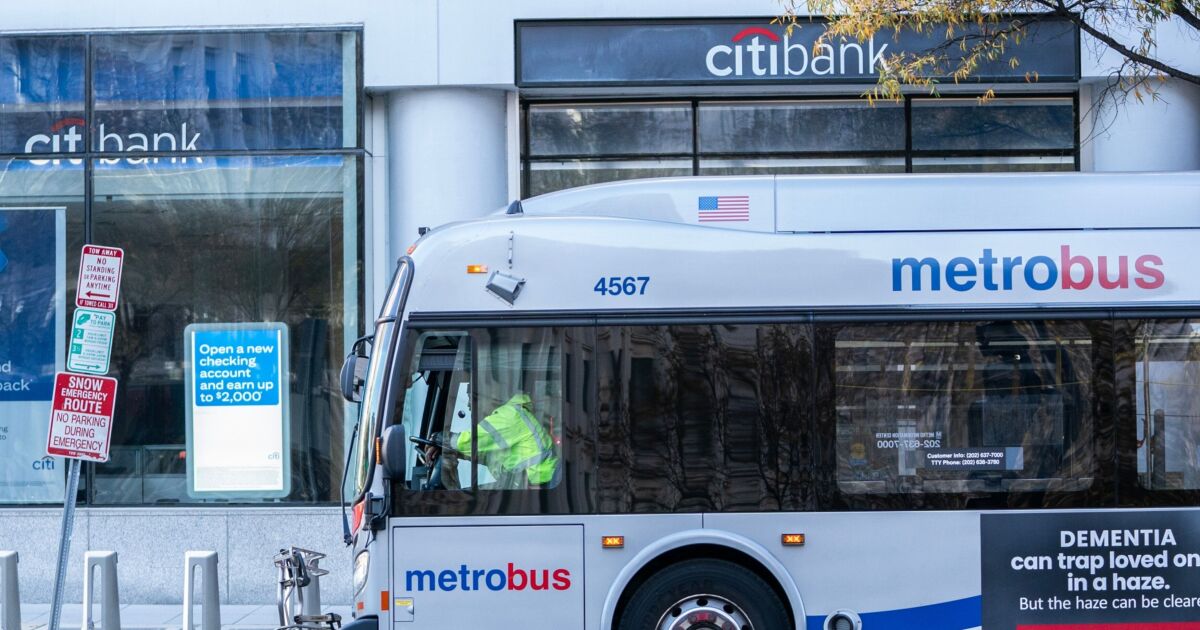
Net income in the first quarter totaled $3.4 billion, or $1.58 a share, the New York-based bank said Friday in a statement. That topped the $1.23 per share predicted by analysts in a Bloomberg survey.
Mounting expectations that the Federal Reserve will take time to cut interest rates bolstered earnings in key business lines, with more companies enlisting
Investors have been keenly watching
"There are still stranded costs we're working to eliminate," Chief Financial Officer Mark Mason said in a conference call with journalists. "There's still improved productivity that we expect over the next couple of years."
The bank generated $21.1 billion of net revenue in the quarter, beating the average Wall Street estimate of $20.4 billion. The figure was up 3% from a year earlier, excluding a gain the bank had booked on the sale of a unit in India.
The bank's full-year guidance for revenue and expenses remained unchanged.
Shares of
Corporations that eschewed markets when the Fed was rapidly hiking rates returned this year once they had a clearer sense of what was to come, raising capital and shoring up their financing. That business may benefit further as investors temper expectations for the central bank to lower rates this year.
Net interest income rose 1.2% to $13.5 billion, beating Wall Street estimates. Earlier Friday, JPMorgan Chase reported that first-quarter NII rose 11% from a year earlier, slightly short of what analysts predicted, while Wells Fargo & Co. posted an 8% drop.
The bank's traders posted a 7% decline in revenue — milder than the 8% to 12% drop Fraser had warned investors to expect at a conference last month, which analysts had baked into estimates. Fixed income, currencies and commodities generated $4.2 billion, about 10% less than a year earlier, while revenue from equities rose 5% to $1.2 billion.
The wealth business, where
Credit cards drove growth in U.S. personal banking, boosted by more spending, as well as larger interest-generating balances on cards from partnerships, such as with Home Depot.
Fraser's restructuring effort is
That last segment, which includes handling cash for corporations, boosted revenue 8% to $4.8 billion, roughly in line with analysts' estimates.



